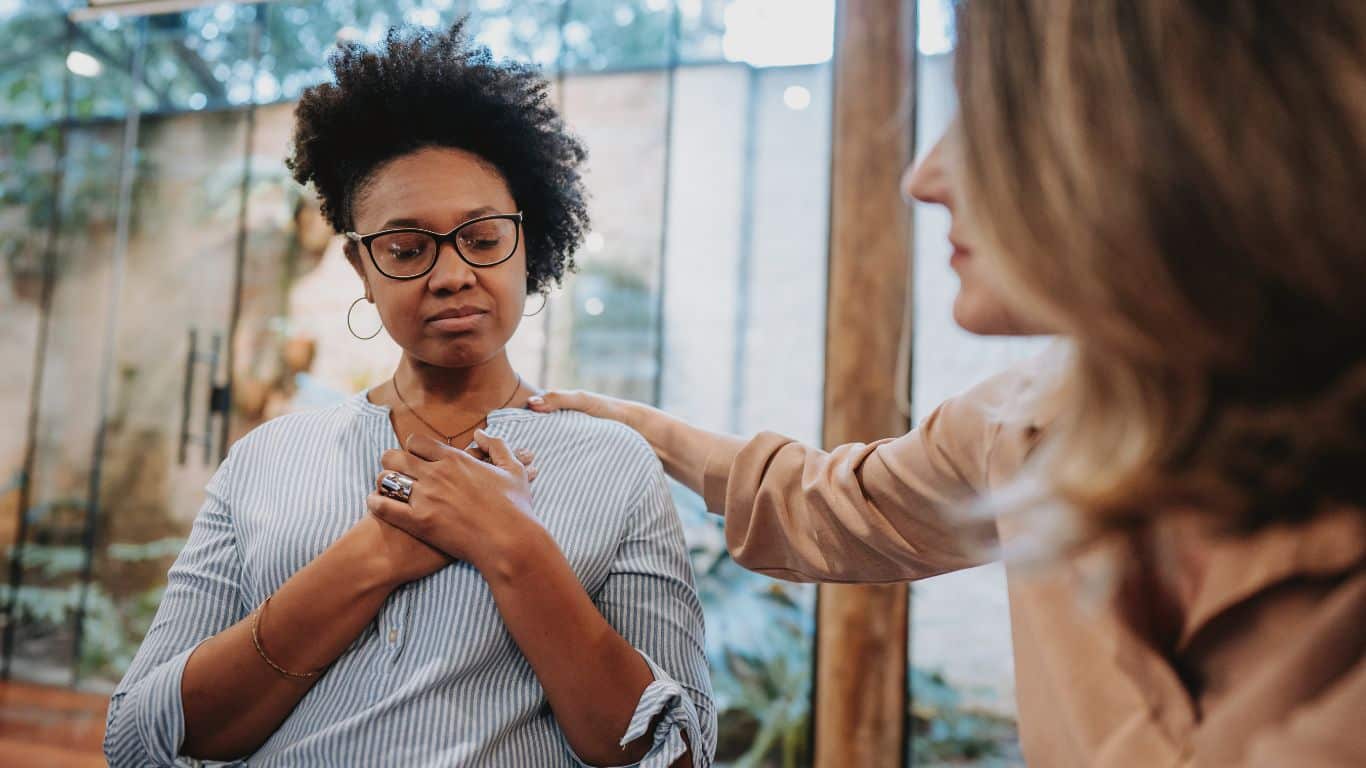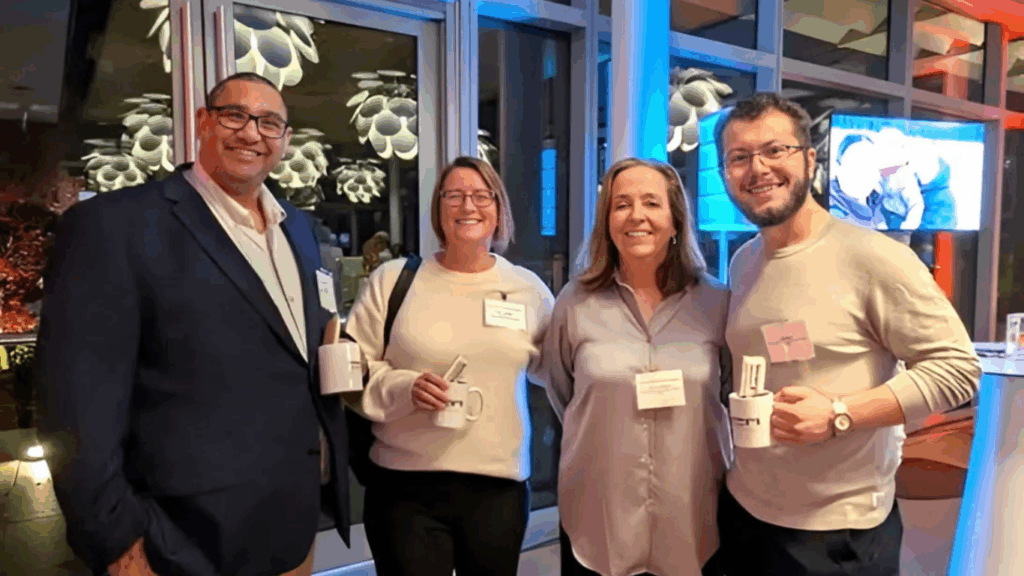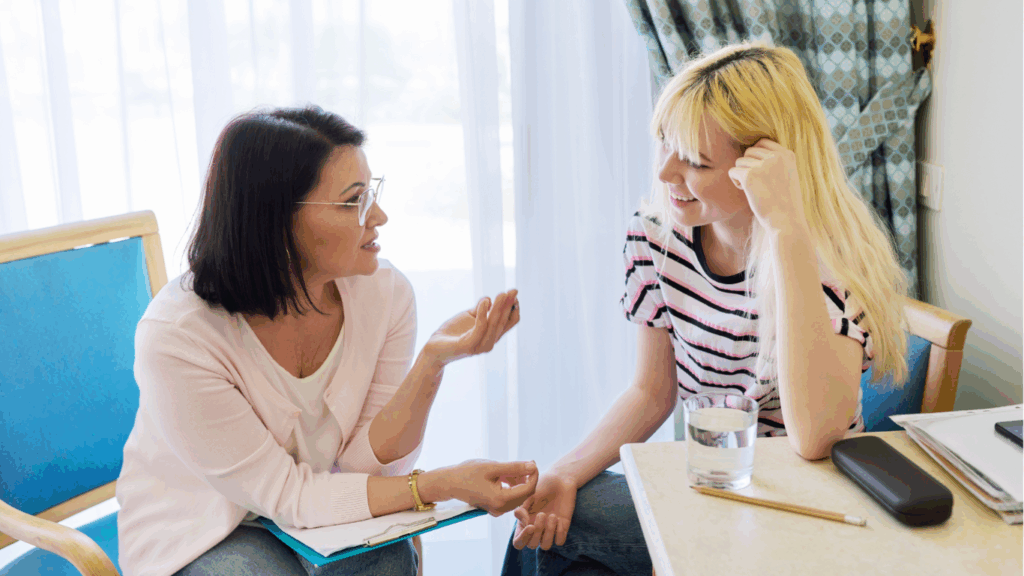Loss is never an easy topic, and the very nature of adoption comes with a plethora of it. In this article, Catherine Moore—both an adoptee and an adoptive parent—explains the revelatory concept of ambiguous loss.
Unexpected challenges
From the outside, adoption may seem a simple concept, but anyone inside it knows it as a complex and layered family experience with deep and invisible undercurrents. I have always longed to explore and understand those undercurrents, believing they would provide insight not only about my own experience but about our shared human condition. From my view as a therapist, adoptive parent, and adoptee, I notice that what we struggle with most in adoption are the invisible challenges. Over the years I have noticed that people often struggle to describe their adoption experiences and feelings. Words like “shadows” and “ghosts” come up frequently.
When I stumbled across the concept of ambiguous loss, a lightbulb went on for me. Loss is clearly present in adoption, but why is it almost universally difficult to resolve? Pauline Boss, the expert on the subject, gave me a new perspective and language to explore the emotional shadows and ghosts lurking in the landscape of adoption.
Ambiguous loss explained
According to Boss, ambiguous loss is a concept that has two aspects. She describes the first as “someone who is physically inaccessible or lost to us but who is still present in our heart and mind.” For adoptees, this could include biological family; for adopted parents, longed-for children who never came to be, or who died; and for birth parents and their family, the children they placed for or lost to adoption.
I encourage you to consider how this kind of ambiguous loss might manifest itself in your family and your experience. Speaking for myself, some of the things I could sense but not understand with my conscious mind—longings, fears, attachment wounds—became tangible when I considered my experience from this perspective.
Boss describes the second form of ambiguous loss as “someone who is physically present, but inaccessible/unknowable in some way.” In adoption scenarios this could include biological children and biological parents in open adoptions; adoptive children and their adoptive parents; and biological parents and adoptive parents whose children are in open adoptions or reunions. I find the possibilities eye-opening, and I am sure I haven’t covered them all. Once again, I invite you to cast your gaze inward and see if there are any connections between this information and your experience.
Invisible threads
It struck me that the threads of ambiguous loss formed part of the invisible fabric of my experiences as both an adoptee and an adoptive parent. The ambiguous nature of loss in adoption makes it hard to talk about and therefore hard to resolve, but knowing that ambiguous loss exists gives us language and context to understand it and deal with its impact.
From a personal and therapeutic perspective, this is rich material to explore. Doing so creates safety and connection. Acknowledging the reality of ambiguous loss is both a relief and an opportunity for healing. I highly recommend reading Pauline Boss’ research and books on the topic. I hope it may offer new perspectives and opportunities for healing in your adoption experience. For more information see Pauline Boss’s book, Ambiguous Loss, and her website, ambiguousloss.com.
Catherine Moore is a registered clinical counsellor with a master’s degree in Counselling Psychology. She uses her training in Cognitive Behavioural Therapy and Relational Somatic therapy to restore clients to a healthy state of emotional and physiological well-being. Catherine has been involved in the adoption community since 1991 in a variety of roles and currently is the co-director of We Are Adopted. Her life experience as both a reunited adoptee and an adoptive and multi-role mother in a blended family helps inform her clinical work. Catherine also works with the medical team at the Lions Gate Hospital Cardiac Rehabilitation Clinic as educator and counsellor. Visit her online at catherinemoore.ca.





